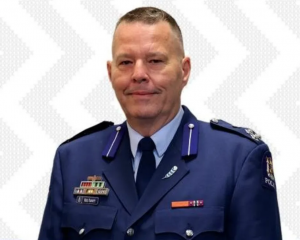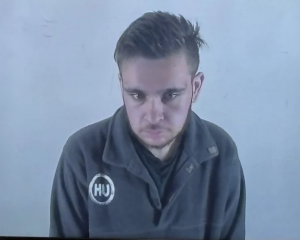Intensive care doctors could be told if a dying person is an organ donor under proposed changes aimed at lifting donation rates in New Zealand.
The way in which doctors discuss organ donation with the families of potential donors could also change as part of a public consultation led by Government, due out today.
It follows a Ministry of Health review into the rates of liver, heart, kidney and lung donations in New Zealand, which are low by international standards. At present, there are 11.8 organ donors per million people - just over half the rate of Australia.
Health Minister Jonathan Coleman said New Zealand could do better, and the new consultation document would set out a number of changes which could encourage higher rates of organ donation.
"This includes raising awareness, standardising the way hospitals identify potential donors and how donation is discussed with families."
Dr Coleman also hinted at changes to the system for informing intensive care unit (ICU) staff about a potential donor.
"A suggestion as to how we could better support the hospital team is to improve the driver licence system so medical staff are informed if someone has indicated they would like to become a donor."
Under the current system, ICU staff do not routinely check the database which shows whether people have indicated "yes" to being a donor on their driver's licence.
Even if a person has ticked "yes", their decision is often overturned by families in discussions with doctors - another issue which is considered in the consultation document. Six out of 10 families chose not to let their relative's organs be removed, Ministry of Health records show.
Organ donation campaigner Andy Tookey, of GiveLife NZ, said medical staff often failed to ask families whether a person was a donor because some doctors did not believe the driver licence system was informed consent, he said.
"There's no publicity, nothing to inspire you to tick that box when you go for your driving licence. This is why doctors won't check it, because it's not valid consent."
Mr Tookey wants a well-publicised register for organ donation. Families were more likely to approve organ donation if their relative had already given consent in a register, he said.
Organ donation
• 11.8 donors per million people in NZ
• 18.3 donors per million people in Australia, 39.7 donors per million population in Spain (highest in the world)
• 54 per cent of NZers say that they want to be donors on driver licence
• 600-700 people on waiting list for kidneys in NZ
• 40 people on waiting list for liver, cardiac or lung transplants












